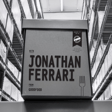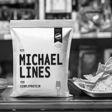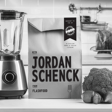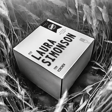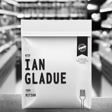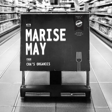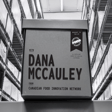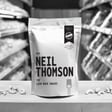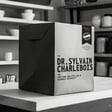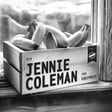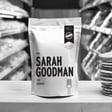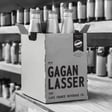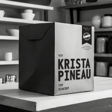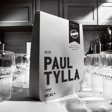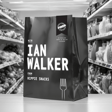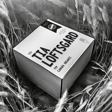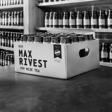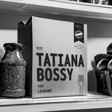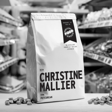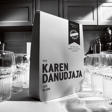
Pierre-Olivier | The Pretty Ugly Company
When the produce in our fridge looks a little squidgy around the edges the clock starts to tick, we gotta use it or else it’s destined for the green compost bin. But what happens at the industrial level?
For example, what do you do with hundreds of pounds of green bell peppers that aren’t fit for the grocery store? Well that’s where it all started for the founders of The Pretty Ugly Company.
In this episode you’ll hear the story of how Pierre Olivier and Lysanne have taken on a bold mission to combat food waste. Their fantastic, upcycled salsa made from discarded vegetables saves about 2 pounds of produce per jar.
They also make a delicious organic corn chip that includes beer waste!
Their passion for rescuing neglected produce is fuelling their rapid growth as a food company and we get to jam on some really interesting topics around snacking and sustainability.
We even chat about our shared experiences in the restaurant business, our love for Anthony Bourdain and how the magical touch of Ryan Reynolds sure would help their cause. Ryan, if you’re listening, this one’s for you buddy.
Learn more at www.theprettyuglycompany.com.
Here’s a summary of the conversation:
Vision for the Future Grocery Store: Pierre envisions a future grocery store with significantly less plastic, featuring only organic, upcycled ingredients, and fresh local produce to minimize reliance on imports.
Combating Food Waste: Pierre’s experience in the restaurant industry, particularly witnessing the wasteful disposal of surplus ingredients like green bell peppers, inspired him to address food waste. This led to the founding of Pretty Ugly, a brand focusing on upcycling.
Pretty Ugly's Salsa: The brand creates salsa using fresh, often discarded vegetables, saving approximately 2 pounds of vegetables per jar. The idea was sparked by the realization of the high waste involved with tomatoes and other vegetables.
Corn Chips from Beer Waste: Expanding their product line, Pretty Ugly introduced corn chips made from organic corn and beer waste, further emphasizing their commitment to upcycling and reducing waste.
Market Challenges and Strategies: Facing the competitive snack aisle dominated by large corporations, Pretty Ugly initially positioned their products in the produce section of Quebec grocery stores, avoiding high slotting fees and making their products stand out.
Consumer and Buyer Response: The positive consumer response in Quebec and interest from buyers indicate a readiness for innovative, upcycled products like those offered by Pretty Ugly.
Expansion Plans: Pierre discusses plans to expand Pretty Ugly's distribution beyond Quebec into the rest of Canada and eventually North America, aiming to increase their impact on reducing food waste.
Salsa as a Communal Food: Highlighting salsa's role in bringing people together, Pierre connects this to Pretty Ugly's mission of making environmental impact through everyday consumer choices like salsa and chips.
Celebrity Endorsement Fantasy: Gendron expresses a wish for Canadian actor Ryan Reynolds to endorse Pretty Ugly, highlighting Reynolds' commitment to the brands he supports.
Brand Philosophy: Pretty Ugly focuses on the upcycling mission, quality of products, and the desire to impact food waste positively, aiming to provide an easy and enjoyable way for consumers to contribute to environmental sustainability.
